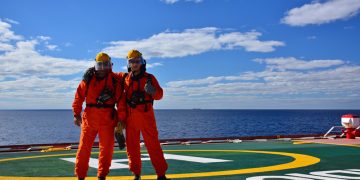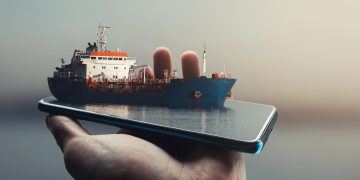Ships and the waste-resource interface
The out come of Basel Convection While a clear-cut decision on which laws should apply to ships bound for the breaker's yard failed to materialise last month, the tide appears to be turning against the backers of a regime that would snarl shipbreaking in red tape.A meeting in Cartagena, Colombia, of countries signed up to the Basel Convention on the Control of Transboundary Movements of Hazardous Wastes and Their Disposal had raised expectations it would answer the question of whether the alternative convention on shipbreaking should take precedence over the hazardous-waste treaty if levels of control and enforcement were judged to be equivalent.The European Union, Japan, China and the US were the most significant backers of the Hong Kong Convention on Ship Recycling adopted by the International Maritime Organization (IMO) in 2009, while developing countries, supported by environmental non-governmental organisations, were among those expressing preference for Basel.The outcome, however, was less clear-cut than many would have wished, although some environmental campaigners, who have long argued Basel should apply to ships, interpreted the Delphic statements that emanated from the meeting as a victory.A decision was reached at the meeting on the so-called Ban Amendment to the Basel Convention which, although adopted ...
Read more






















































